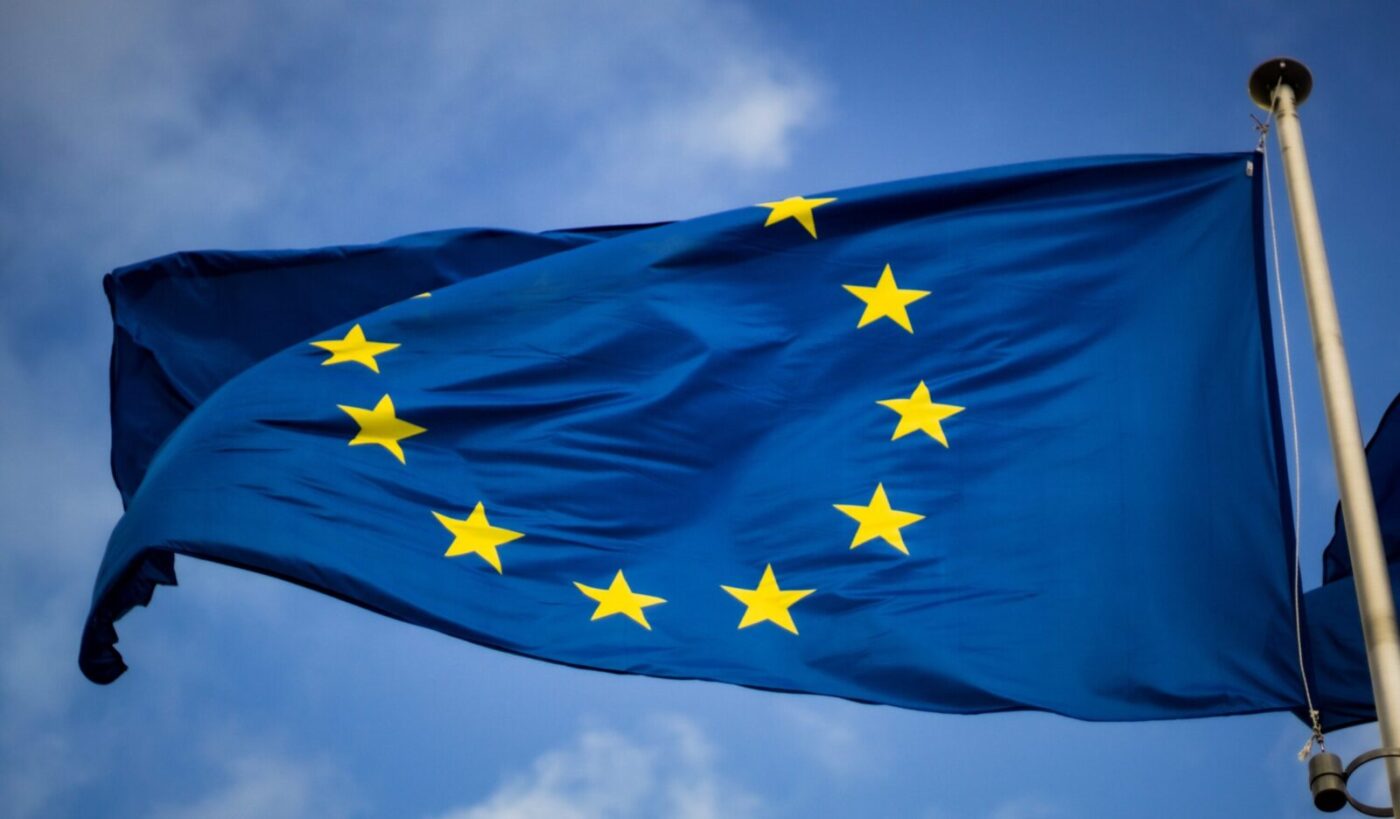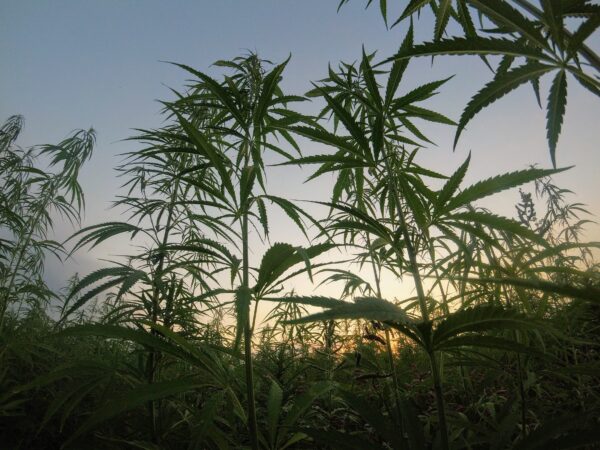Have a question? 06 70 73 89 02
🔞 Not for sale to under 18s
🔥 30% off EVERYTHING on the site with the code: LOVE!!! 🔥 ( except accessories and gummies)
Have a question? 06 70 73 89 02

Legislation is not the same everywhere regarding THC levels in the European Union, just as it is for CBD derivatives. Sometimes reprehensible, sometimes tolerant, let's take a closer look at our European neighbors and their rules. The THC level is that which defines cannabis as an illicit or legal substance from the cannabis plant (cannabis sativa). In France, if the THC level exceeds 0.3%, the plant or product is considered illegal and therefore punishable.
However, there are still many differences within the European Union, depending on whether you cross a border or not. Nine member states impose fines for possession of small quantities of drugs, while others impose prison sentences.
And recently, Luxembourg, a small European country, has pulled out all the stops, hoping to allow the authorization and cultivation of recreational cannabis by 2023, in order to limit trafficking and "not support the whole illegal chain, from production to sale, via transport, where there is a lot of suffering", according to the Luxembourg Minister of Justice.
Let's not forget the significant difference between cannabis for drug use and THC levels. THC or tetrahydrocannabinol is the molecule responsible for the main psychoactive effects of cannabis. It acts like the cannabinoids naturally produced by our bodies in certain parts of the brain associated with thinking, memory, pleasure, coordination and the perception of time. THC binds to and activates these receptors, creating effects on a person's memory, pleasure, movement, thinking, concentration, coordination and perception of time.
One of these cannabinoids is CBD or cannabidiol, which acts in cooperation with THC, but is quite different. But there are many others, such as CBN (cannabinol) and CBG (cannabigerol).
CBD is a molecule naturally present in cannabis, discovered over seventy years ago and whose effects have been studied by scientists ever since. CBD is said to have a calming effect, reducing stress and improving sleep, while avoiding a psychotropic effect, unlike THC (tetrahydrocannabinol). In France, CBD is authorized for consumption with a THC content of 0.3%.
The most widely tolerated level of CBD in the European Union is less than 0.2%.
France authorizes products with CBD isolate (0.3% THC) but also tolerates raw, genetic flowers from the European catalog, at 0.2% THC.

CBD is a molecule derived from hemp and also found in cannabis. But CBD is by no means an illicit substance, and does not create any addictive effects or psychotropic sensations. As with any molecule that acts on the body, it is necessary to take precautions and pay close attention to the dose consumed.
CBD has been tolerated for sale since 2018. This constituent molecule of cannabis is subject to strict regulations: its THC content must not exceed 0.2%.
The European Court of Justice has ruled on the legality of CBD sales within the European Union. And as a supranational court, its ruling applies to all EU countries. As a result, France's wish to ban CBD has been rejected.
However, a number of countries have decided to restrict the commercial sale of CBD products by limiting the legal level to 0.2% or less. A higher proportion would be enough to qualify the product as illegal, and therefore considered a narcotic. France and Cyprus, for example, have already adopted this approach.
However, the THC content of hemp in Europe could be raised to 0.2%. Indeed, the new Common Agricultural Policy (CAP) was adopted on Thursday November 2, 2021, and with it the raising of the maximum THC level in hemp to 0.2%. This new CAP will only come into force on January 1, 2023, but will extend the catalog of hemp varieties authorized for sale in Europe and therefore in France.
"This is a great day for the hemp sector and another step towards a greener future for Europe. However, when compared with other countries around the world, 0.3% is still a low limit; for example, Switzerland, in the heart of Europe, has a higher number of THC in hemp, and other EU countries are already working with higher limits," said Daniel Kruse, President of the European Industrial Hemp Association (EIHA).
If you are in possession of a product containing more than 0.2% THC and you are subject to a law enforcement check (saliva test), a fixed fine of €200 for drug use is the most common penalty (reduced to €150 if paid promptly, within 15 days). The fine is also entered in the criminal record. If you use cannabis THC while driving, the penalties are more severe, a direct consequence of the dangerous behavioral changes caused by tetrahydrocannabinol. Trafficking in cannabis THC is also heavily punished, with fines and prison sentences varying according to the nature of the structure and its size.